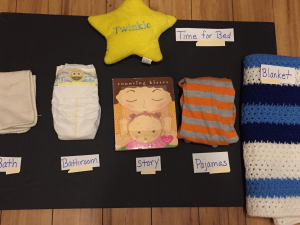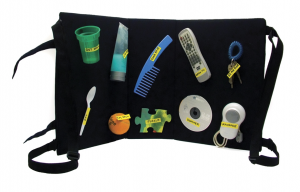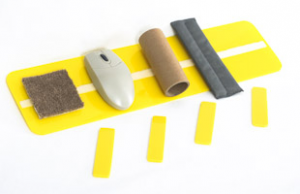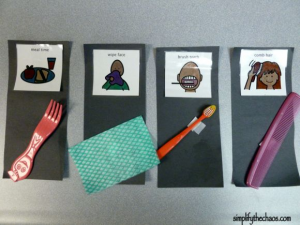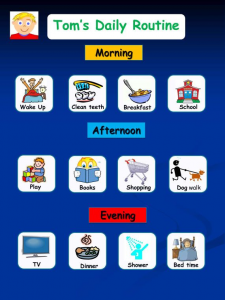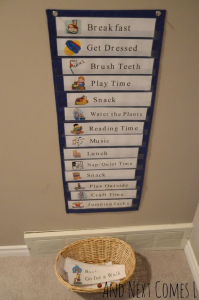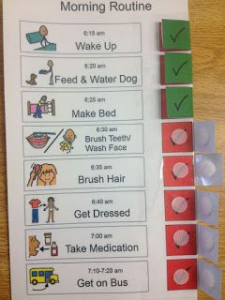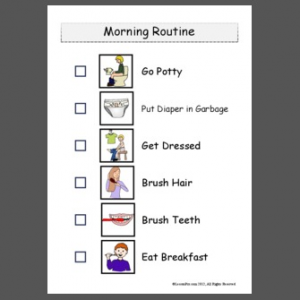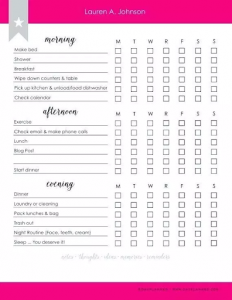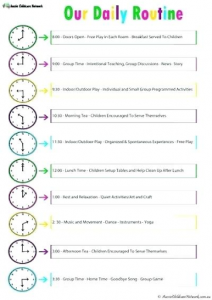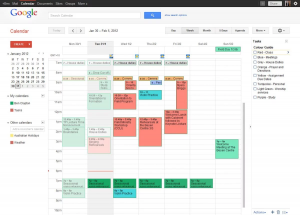It’s almost impossible to believe that August has come and will be leaving in a few days! Time flies when you’re running at land speed records in a million different directions. First day of school pictures have been taken and posted, ‘normal’ routine has started, and “Friday Night Lights” will soon be starting! Those “Friday Night Lights” can help build language as well as social skills more than you have thought.
“Friday Night Lights” harkens memories of high school football, marching band, and hanging out on the bleachers with your friends. Add adulthood and a family and “Friday Night Lights” might not conjure up the same warm feelings as it once had. Running to the restrooms, purchasing way too much from the concession stand and listening to complaints of being bored or the seats are too hard…..ah yes, “Friday Night Lights”. Preparing your family for these evenings can only make those “Lights” shine brighter.
Just like the football team, cheerleaders and marching band, your family ‘team’ needs to practice for the big night as well. How do spectators practice? Read on.
Go to practice games and rehearsals. Chances are the local middle and high school teams and marching bands are practicing daily. Take advantage of these less formal settings to PRACTICE sitting on the bleachers. Take note of any issues related to the bleachers (seats are too hard, sitting up high is scary, being able to see through to the ground is scary) to find the areas that are most comfortable for you and your family. Visit the restrooms. Locate the changing area if needed. Bring your family members in to the restrooms to become familiar with these surrounds so there won’t be any issues when there are larger crowds. Experience the sounds of the practices to decrease being alarmed during a game. The whistles on the field, the marching band playing the fight song, the cheerleaders cheers, all of these sounds are new and can be very upsetting. Help your family anticipate these sounds.
Learn the lingo. If a family member is non-verbal, create signs that have simple messages – Go Team – to get them to be part of the fun. Practice simple messages for family members with limited language – Go! – Fight! – Win! A football game is language rich. Choose one or two words that will have the most meaning and practice at home and at practice games.
Recognizance. Get the low down on your local “Friday Night Lights” game by making it a date night or going alone. Take note of how crowded certain sections of the bleachers become. When the marching band plays (typically there’s a pre-game and of course the half-time show). Where the cheerleaders stand. If there is a mascot. And maybe the most important piece, what is offered at the concession stand. These pieces of information will help you to better plan and anticipate your family’s needs during the game.
Concession stand mania. So much of the game is about the food and rightfully so. Make a plan for how your family will make purchases. Make that plan very clear to everyone to avoid melt-downs at the stadium. Create a snack board of the items at the concession stand (You have this information because you went to the game alone before.). Not only does a snack board provide a visual cue for everyone, put gives non-verbal members of the family a way to communicate their choice without play the ‘yes/no’ or ‘point and cry’ game.
Set a time limit, initially. At the onset of the season, you may need to make it very clear when or how long your family ‘team’ will be attending the event. You want to leave the game on a high note. Setting this parameter may avoid a melt-down when it is time to leave. Give a concrete time that may or may not necessarily be associated with the clock. Because of your recognizance trip, you have the information you need. Give warnings prior to departure time (“After this song, we are leaving.” “When the cheerleaders finish we are walking to the car.”). Expand the amount of time you spend at each game you attend, if only by 10 minutes.
Don’t forget, this is fun! Time together is the biggest victory of all! Enjoy!
Yours in Speech,
Lakeshore Speech Therapy, LLC










